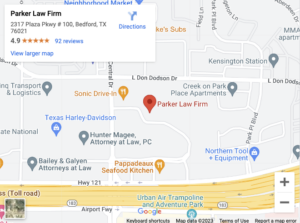How Much Does a Semi Truck Weigh?
When living in a small town like Bedford, TX, you might think that car accidents are pretty rare. In reality, Bedford has a lot of car accidents, and some of the worst ones involve semi trucks. The size and weight of semi trucks make them extremely dangerous during a crash. But how much does a […]
Read more

